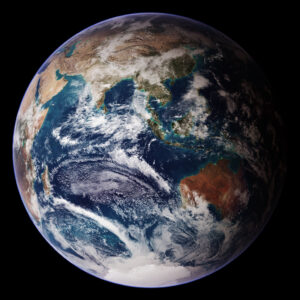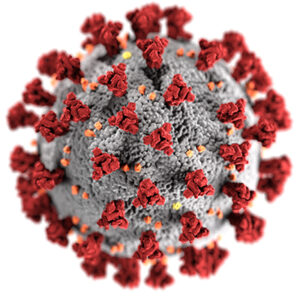Spring Economics Course to Explore Confluence of Crises
Mona Ali, associate professor of economics, has put together a timely new course for the Spring 2021 semester. “Crisis Economics” (ECO 393) will explore the interrelated issues of climate change, the COVID-19 pandemic, and economic inequality in China and the US. Open to all students, regardless of major, the course is cross listed with Asian Studies and International Relations.


Course readings will include work by political scientists, economic historians, international relations scholars who explore issues of race relations in a global context, as well as policy proposals furthering a Global Green New Deal.
“I have pushed my students and myself to embrace an interdisciplinary approach,” Ali said. One of the readings will be Trade Wars Are Class Wars: How Rising Inequality Distorts the Global Economy and Threatens International Peace by Michael Pettis and Matthew Klein. This text explores one of the course’s themes: the growth in economic inequalities and its relation to fueling trade conflicts.
Ali noted that her goal for the course is to enable students to more fully understand the co-dependent nature of the U.S.-China relationship in its monetary, trade, and racialized aspects. “I am concerned with having students think about the global economy in terms of the interdependence between economies. Rather than thinking about autonomous economies engaging in trade and financial exchange, we want to think about how the forces of globalization reshape economies. We want to think systemically,” she said.
Ali is also interested in exploring how power shapes the global economic order. “We are on this cusp of a shift from American military and financial predominance towards rising Chinese hegemony. How that is shaping up is an interesting question for the next couple of decades,” she said.
